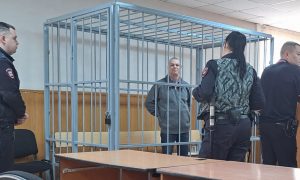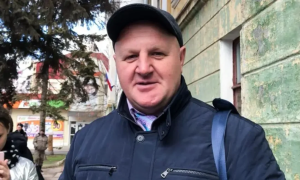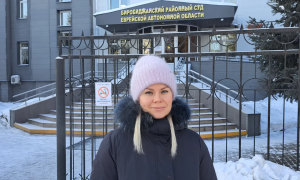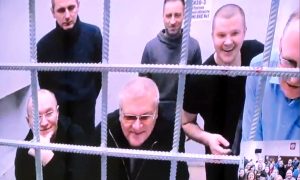On May 29, 2024, the judicial panel of the Eighth Court of Cassation in Kemerovo upheld the verdict against Aleksandr Seredkin. The believer will continue to serve his sentence in the penal colony.
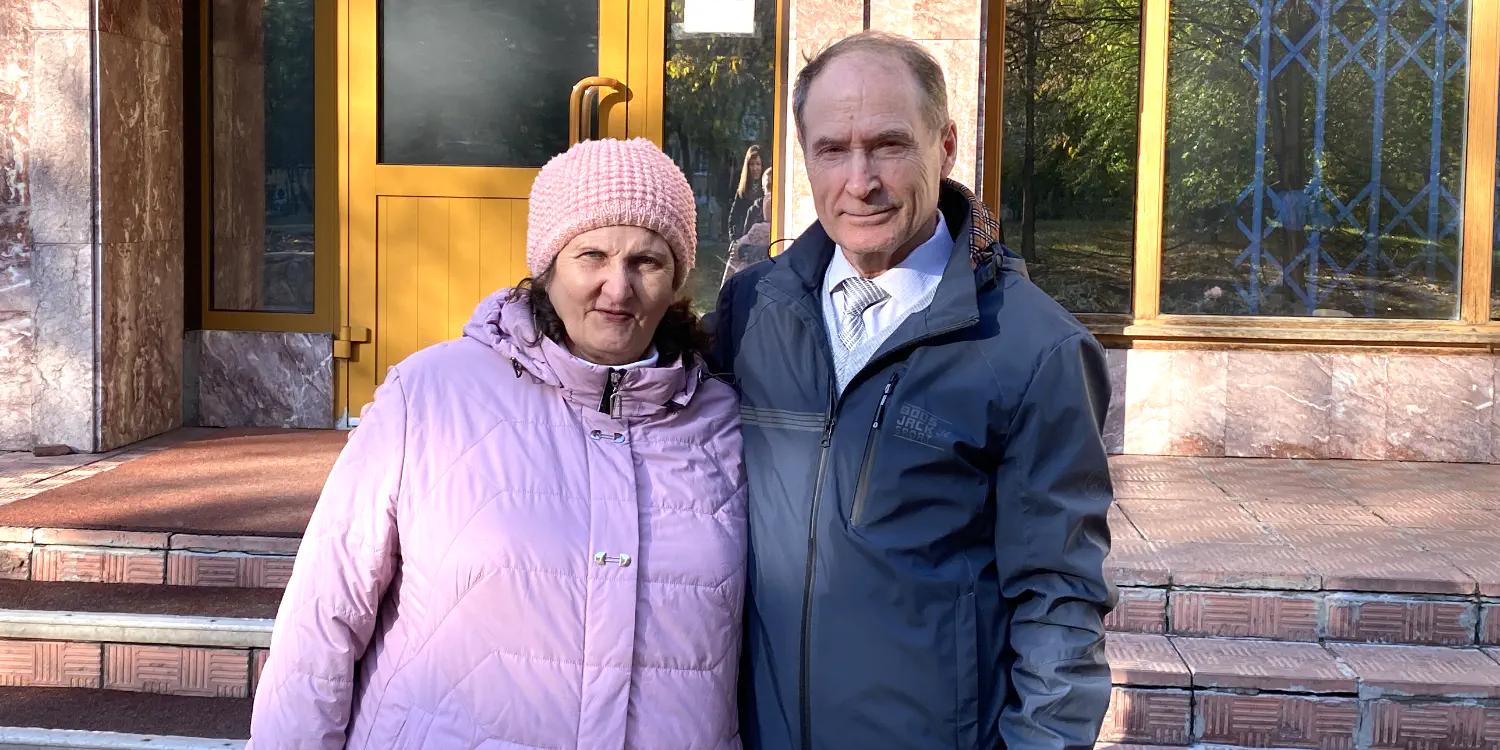
Aleksandr attended the hearing via video conferencing. In the cassation appeal, the defendant’s lawyer drew attention to the fact that there was no evidence of the believer’s guilt in the case: “In the appealed judicial acts there are no indications of the presence of signs of extremism in the actions of Aleksandr Seredkin: both in actions and in words. How exactly a peaceful conversation about God in the circle of fellow believers jeopardized the constitutional order and security of the state is not specified in the appealed judicial acts”.
“On the contrary, all the actions and statements of my client,” the lawyer continued, “were exclusively peaceful in nature and did not indicate the presence of hatred or enmity. His motive was not extremist motives, but his intention to exercise the right to profess faith in the ways characteristic of Jehovah’s Witnesses.”
Seredkin has been in a penal colony for almost a year. In addition to him, three other Jehovah’s Witnesses in the Novosibirsk Region received prison sentences for their faith.
The case of Seredkin in Novosibirsk Case History
The criminal prosecution of Aleksandr Seredkin began in April 2019, when security forces invaded the homes of civilians. During the searches, law enforcement officers planted banned books on believers. As a result of the raid, the FSB opened a criminal case for organizing and participating in the activities of an extremist organization against three believers: Alexander Seredkin, Valery Maletskov and Marina Chaplykina. Later, Seredkin’s case was separated into a separate proceeding.
The believer was included in the list of Rosfinmonitoring, which caused difficulties in obtaining a pension. Aleksandr spent a day in a temporary detention center and six months under house arrest. In March 2022, the case went to court. The accusation was based on the testimony of a secret witness who feigned an interest in the Bible and collaborated with the FSB. In November of the same year, the believer was sentenced to 6 years in a general regime colony and placed in a pre-trial detention center, and the appeal approved this sentence. A year later, the cassation court upheld this decision.


